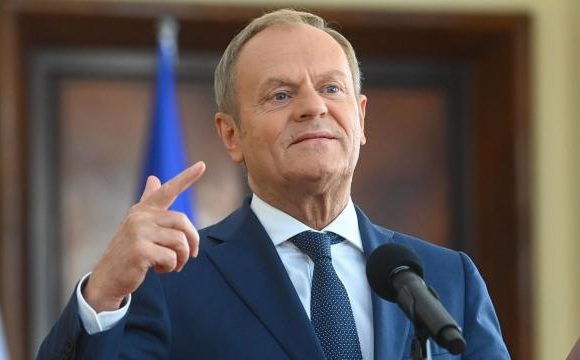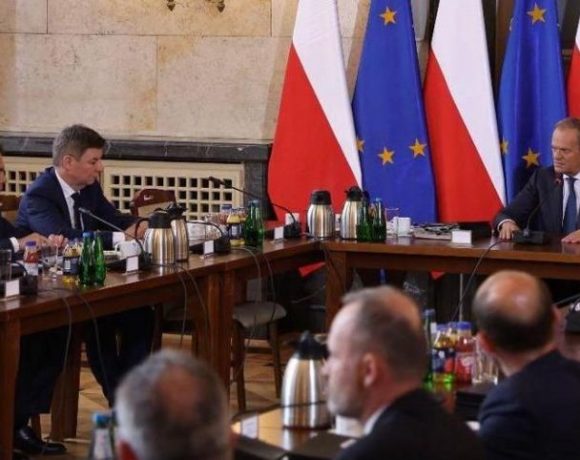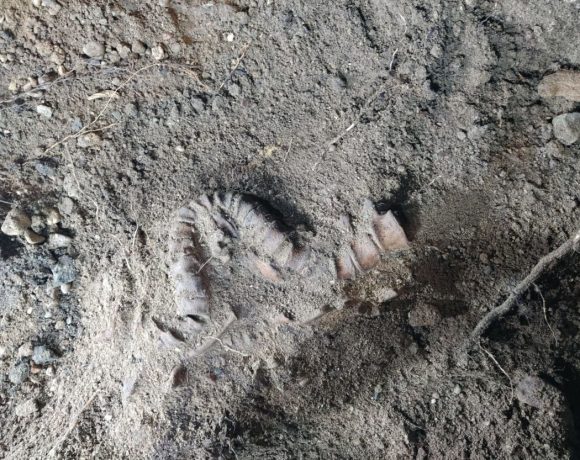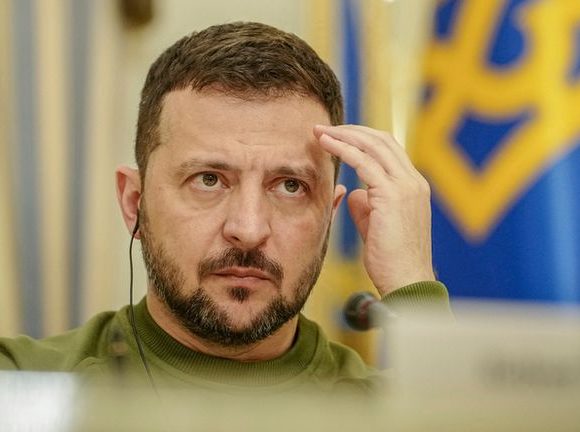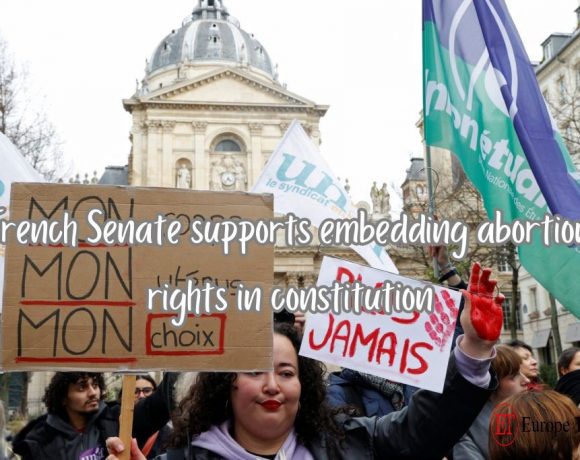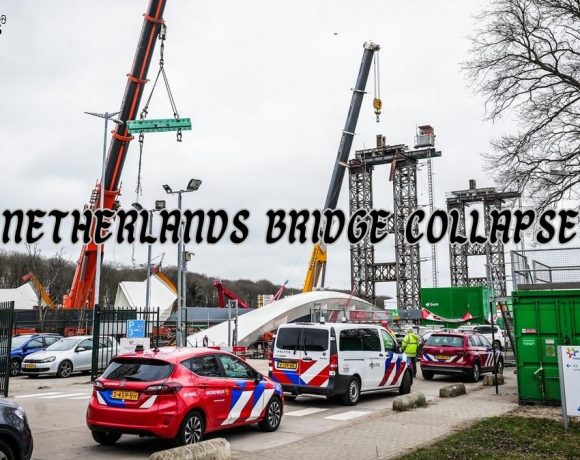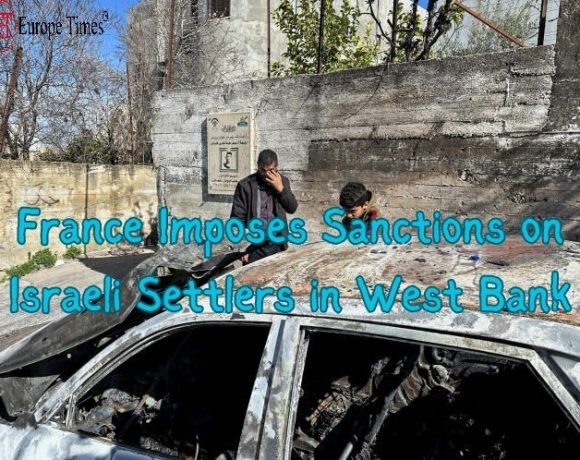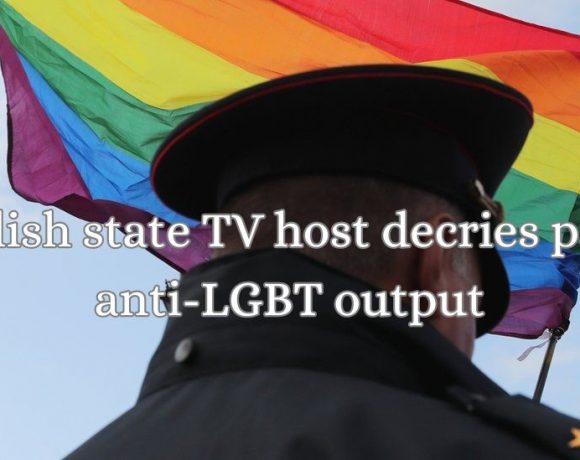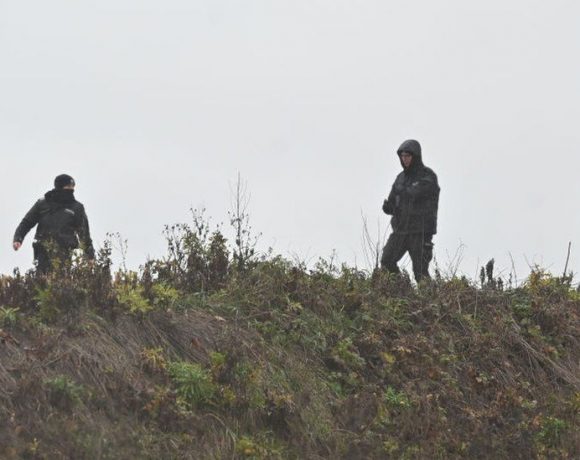
Poland’s Foreign Minister Radoslaw Sikorski has revealed that Warsaw is actively considering a proposal from Kyiv to intercept Russian missiles over Ukrainian airspace before they reach Polish territory. This initiative emerged from a joint defense agreement signed during President Volodymyr Zelensky’s recent visit to Warsaw. The aim is to address concerns about Russian missiles inadvertently breaching Polish airspace while targeting Ukrainian locations near the Polish border.
Sikorski emphasized that the proposal is currently in the exploration phase. It seeks to mitigate risks posed by missile debris falling into Polish territory, which could endanger citizens and property. The Foreign Minister noted the brief window of time Poland has to react when missiles traverse western Ukraine towards its borders. He stressed the need for consultation with NATO allies, particularly highlighting the importance of U.S. support in any decision to implement such intercepts.
Defense analysts have cautioned that without strong allied backing, the proposal could expose Poland to potential Russian retaliation. The effectiveness and safety of such intercept operations remain critical considerations amidst ongoing tensions and military maneuvers in the region.
Picture Courtesy: Google/images are subject to copyright

